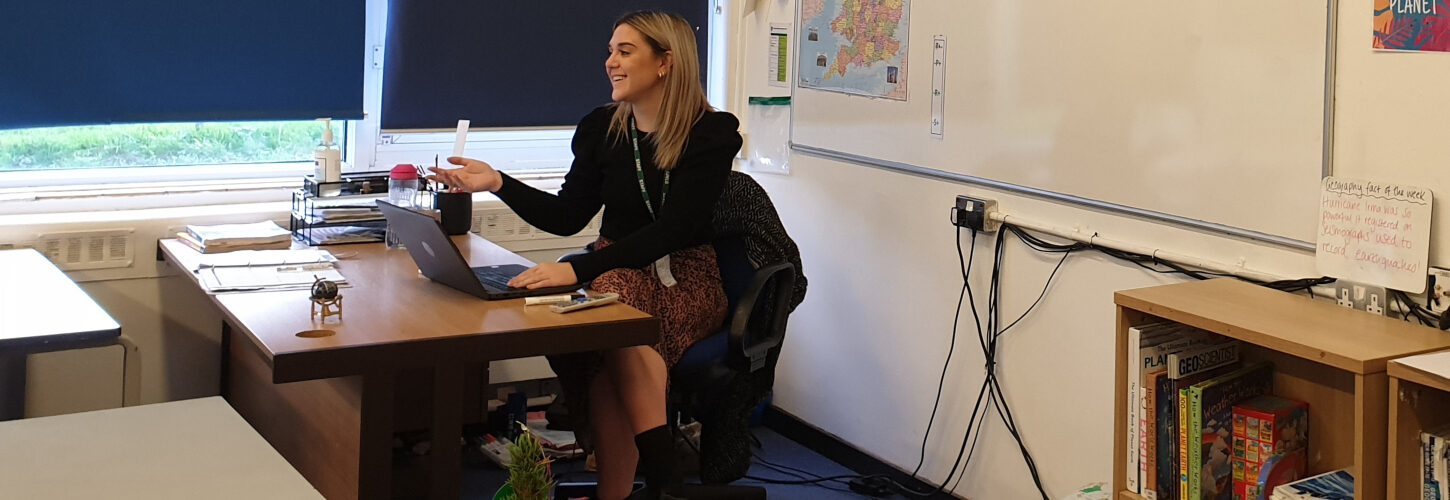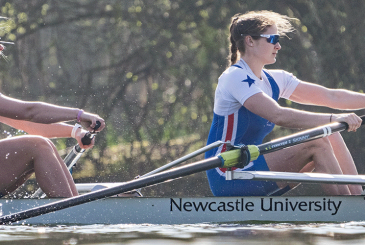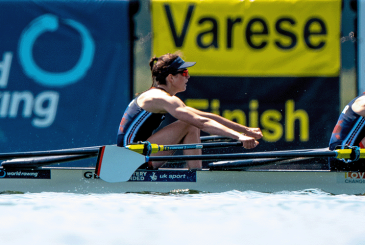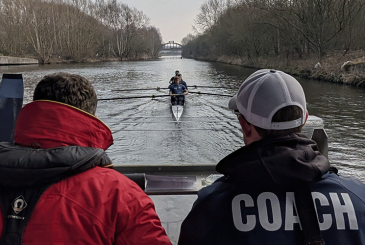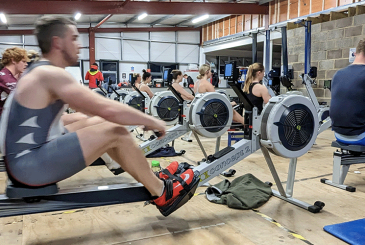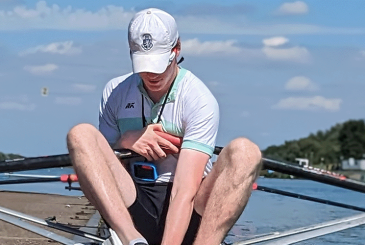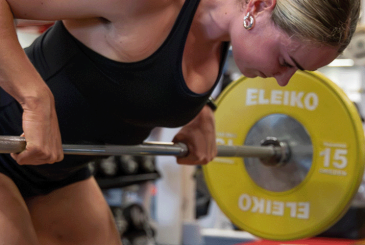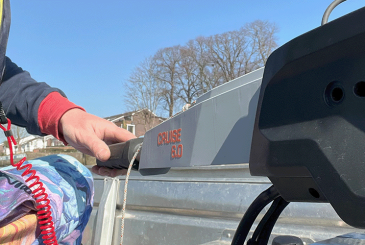Over the next six days, we’ll be featuring key workers from the rowing community to find out about their roles and how rowing has supported them during this time. Today Olivia Walters talks to Joanne Harris about her move from coaching to teaching during the pandemic
“Everyone keeps saying ‘oh, your PGCE didn’t teach you how to cope with this’,” says Olivia Walters.
Walters is one term into her year as a newly qualified teacher (NQT), and is reflecting on the last 10 months, which have seen her complete her postgraduate certificate in education (PGCE) and start her new career, all during a global pandemic.
“All teachers in the country are having to learn how to teach online, and then for anyone who’s a PGCE or NQT not only are you having to learn how to teach, but you’re also having to learn how to teach online,” Walters says. “It’s been tough, but nearing the end of my first term and feeling quite successful about it is a nice feeling.”
“If a PGCE wasn’t hard enough, it got 10 times harder during Covid”
Walters started coaching rowing while at school, and went back to it after finishing her undergraduate degree. While coaching at Shrewsbury School it was suggested that a PGCE would develop her as a coach and also give her a stable career.
“If a PGCE wasn’t hard enough, it got 10 times harder during Covid,” Walters adds. “Six weeks into my second placement and schools just closed. It was a very confusing time, no one really knew what was going on, whether we would pass, whether we would have to complete our courses this year.
“Luckily the Department of Education changed how it worked. The majority of people passed, otherwise they would have lost a whole cohort of teachers.”
Walters was fortunate enough to land her NQT job, at Princes Risborough School in Buckinghamshire, only two or three days after schools closed in March. She has now been working there as a geography teacher for a term.
“It’s an amazing job,” she says. “The staff are incredible, everyone’s so supportive, especially because they’ve brought in quite a number of NQTs, so they’re well aware that we haven’t completed our placements.”
The school has various measures in place to protect staff and students from Covid-19, including staggered timetables and mandatory mask-wearing in corridors. Walters says she has done most of her teaching in person, but is also teaching students who are in self-isolation by video.
“There’s been a number of lessons over the last week where I’ve had to teach the children who are there and then also the same lesson to the children who are at home. We’ve had to upload every single lesson we teach for anyone who is not at school,” she explains.
Walters says she has realised how important teaching is as a result of the pandemic, particularly as parents have thanked her and her colleagues for their efforts.
“You have to be enthusiastic and you have to be there. You want to be in school because you know that these children have already lost so much of their education,” she says.
“I feel like I’m key to helping them just to get through. This term has been really hard for the kids, they’ve missed so much school.”
“Rowing’s like therapy. It’s the only time I don’t think about all the lessons I’ve got to plan”
During this difficult period, Walters says rowing has been her escape. She joined Marlow Rowing Club when she moved to Buckinghamshire, where she is only rowing and not coaching.
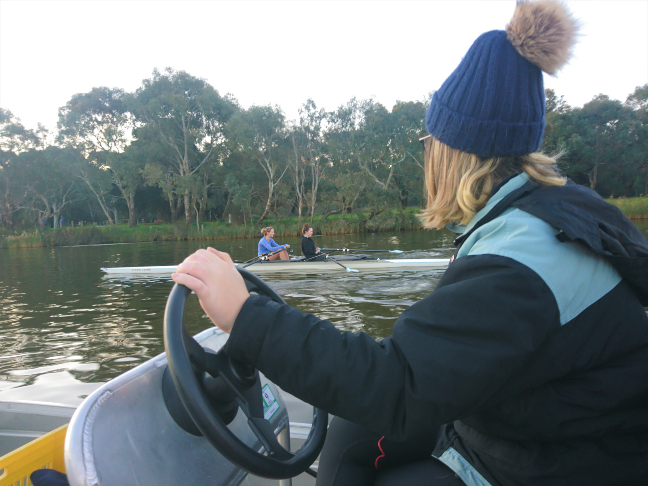
“It’s been time to focus on what I want to do. I want to coach, but I also want to teach, and the focus has to be the teaching. Joining the boat club was something for me, and something to focus on outside of school, something to do outside of work,” she explains.
“Rowing’s like therapy. It’s the only time I don’t think about all the lessons I’ve got to plan, and all the reports I’ve got to write, and all the extra stuff that comes with being a teacher, because you’ve got to focus on every single stroke. Joining the boat club was probably the best thing I did alongside starting a job up here,” Walters adds.
During the second lockdown in November Walters borrowed a rowing machine from Marlow, storing it at school.
“I taught the head of PE how to row, which was interesting. He really enjoyed it, he listened to everything I said,” she laughs.
Other teachers tended to exercise in the sports hall – socially distanced – at the same time.
“It meant that I had people there who were supporting me through my 5ks and whatever else I was doing. They know nothing about rowing, but they were there, and they got me through it,” she adds.
Rowing – and the lessons she has learned from it – Walters says, have been helpful through 2020.
“Whether it’s ‘I just want to get to the end of my PGCE’ or ‘I want to PB on my 5k during lockdown’, I think especially from a sporting perspective setting small targets and small goals is something I’m quite good at, and I think that’s what got me through this year,” she says.
“That’s what you get from rowing, just persevering. I definitely take that into everyday life and work and school, and try and teach the children a bit of resilience and perseverance as well.”
Look out for more experiences from key workers on British Rowing Plus over the next few days


